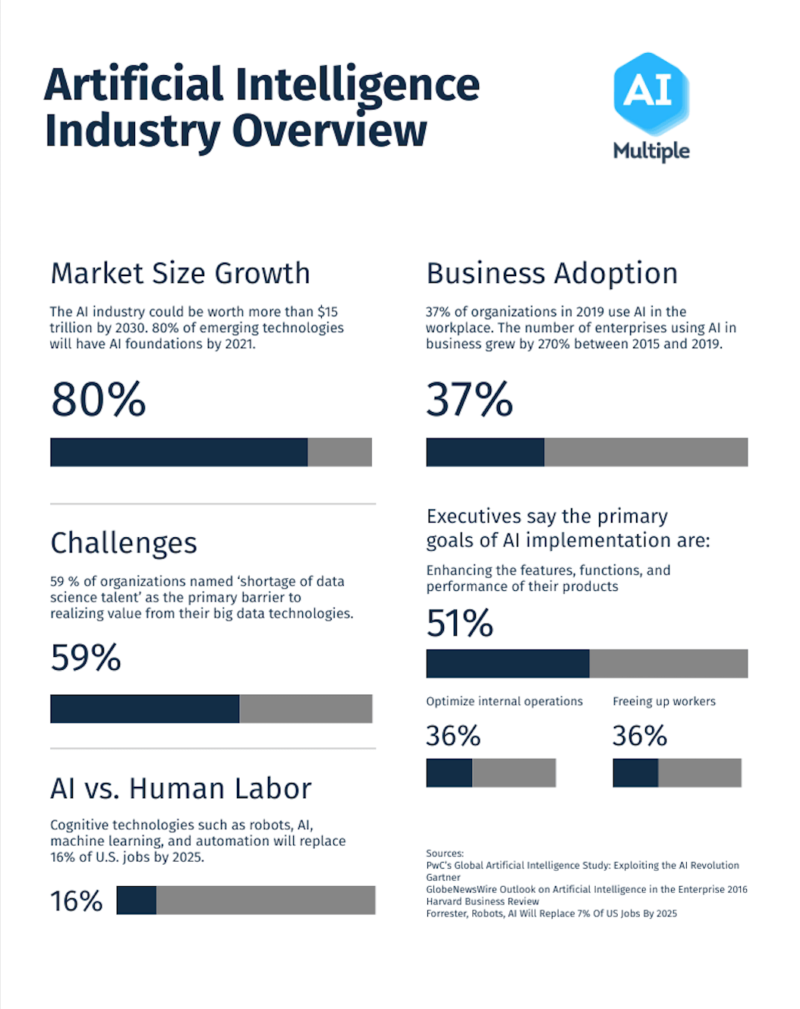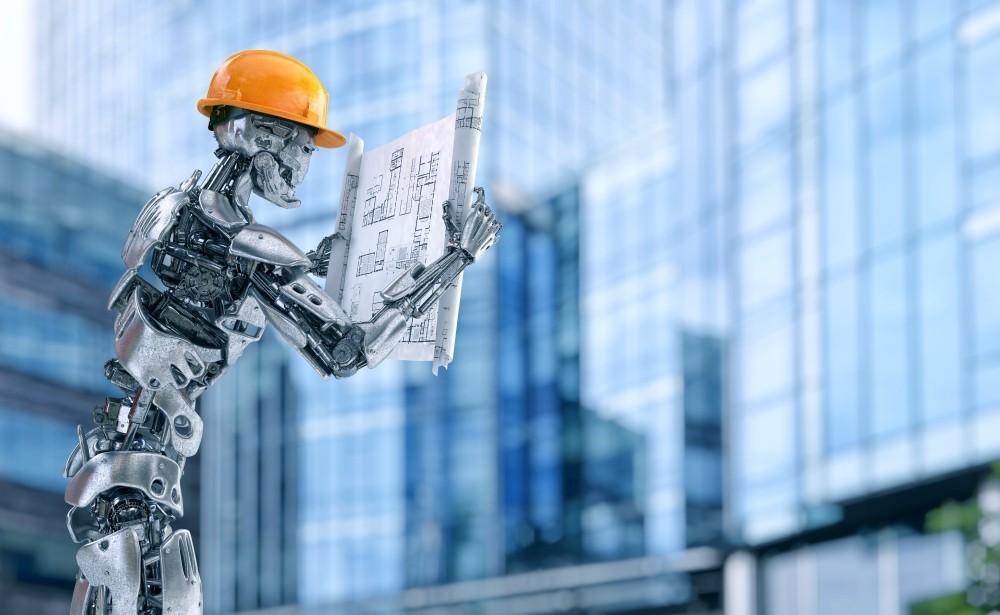Artificial Intelligence (AI) is making a profound difference in our lives, even if we do not always realize its overwhelming presence around us.
Even the construction industry, generally regarded as a laggard in the adoption of cutting-edge technology, surprisingly has been quick to warm up to AI.
According to an article by Construct Connect published April 12, 2022, resistance to change to digital experiences and the many manual, repetitive tasks hobble the industry with project delays, cost inefficiencies, and undermined productivity, health, and safety performance.
- Resistance to change to digital experiences and the many manual, repetitive tasks hobble the construction industry with project delays, cost inefficiencies, and undermined productivity, health, and safety performance
- Using artificial intelligence can be an important first step to addressing Africa’s infrastructure gap by allowing policymakers to benefit from having better information at their disposal and making more informed decisions
- AI’s impact on improving workplace safety and productivity is likely to be several orders of magnitude larger than its potential impact on job losses
Using artificial intelligence can be an important first step to addressing Africa’s infrastructure gap by allowing policymakers to benefit from having better information at their disposal and making more informed decisions.
The construction industry is ready to receive the potential process, health, safety, and production benefits from developing and implementing artificial intelligence.
AI is changing every aspect of the infrastructure development process from predicting demand for new construction projects to designing materials and even constructing buildings.
A related article by Business World published June 27, 2022, adds that the technology is particularly useful in planning and designing phases, where it allows for advanced generative design capabilities for BIM or 3D modeling. Under generative design, the computer generates several hundred-design options basis certain pre-determined goals or constraints.
When it comes to onsite construction, modern safety, monitoring, and maintenance systems are today using advanced AI capabilities to predict and warn supervisors about adverse safety situations automatically. In doing so, these systems minimize the role of human error in any adverse incident.
It is quite an interesting and exciting time to consider artificial intelligence’s impressive potential and witness the field’s developments. There is enormous potential to adopt digital technology in the construction industry in Africa to improve performance and productivity.
Read: Machine learning, Artificial Intelligence changing Africa’s Airports

The value of the AI construction market was estimated to be USD 466.9 million in 2019. Projections estimate that by 2025, the market value will skyrocket to US$2312.8 million with a compound annual growth rate (CAGR) of 33.87 per cent between 2020 to 2025.
Despite not gaining early adoption within the construction sector as in other areas, AI is now ideally positioned to lead transformative reforms within the sector.
According to an article by majesteye.com dated February 16, 2022, several studies and reports have shown that the adoption of AI applications within the infrastructure sector is growing at a rapid pace. Some of the major drivers of this growth include the following:
Increased demand for new construction projects: The global population is growing rapidly, and this is driving demand for new construction projects. AI can help to predict and meet this demand by forecasting future needs and trends.
The need for improved efficiency and safety: The infrastructure development process is often slow, expensive, and risky. AI can help to improve efficiency and safety by automating tasks such as material design and construction.
The need for innovation: Construction companies need to focus on innovation and efficiency improvements to stay competitive in the global market. AI provides infrastructure developers with an opportunity to do just that.
The demand for heavy data processing: The large amounts of data generated by infrastructure projects, such as location-based services, requires advanced computing power and capabilities if it is to be processed effectively. AI can help achieve this by completing complex tasks quickly and efficiently.
Now, there are several ways in which AI is transforming the infrastructure development process in Africa. AI can help to overcome significant changes made during the planning and design phase. The major cost overruns or delays that affect other phases of the project can be overcome by incorporating more accurate data on the project’s lifecycle as well as allowing for optimization of resources and processes such as material design, scheduling, and planning.
By leveraging historical data on past projects as well as relevant geospatial data, AI models can create accurate models of the various processes involved in the project lifecycle.
According to an article by ACET for Africa dated March 3, 2021, ACET, working with partner Omdena and nearly 40 data scientists and machine learning experts from around the globe, completed the continent’s first Artificial Intelligence Challenge to help predict what infrastructure Africa will need in the future.
The AI Challenge lasted 10 weeks and focused particularly on using machine learning techniques with computer vision, natural language processing, and exploratory data analysis (EDA).
The data scientists looked at a myriad of data sources such as satellite images, socio-economic data, climate, and topological data, population and demographic data, Google Trends, Google business data, and social media data to understand the aspirations, needs, and sentiments of people living in the region.
They sought to build one or more models for the future infrastructure needs of Africa while providing recommendations regarding verification approaches and networks to help scale across Africa.
The machine learning capabilities of AI are also being utilized in project management software, allowing for better planning and optimization of tasks involved in construction planning through “Dynamic Scheduling”.
AI is being used to improve safety, efficiency, and reliability during this stage. For example, IoT sensors are being used to monitor assets throughout their lifespan, ensuring that they are operating at optimal levels.
Read: Zimbabwe Electricity Authority embraces Artificial Intelligence in service delivery
According to majesteye.com, AI can play a significant role in risk assessment by analyzing costs and future scenarios based on past experiences.
These models can then be used to create reports indicating how likely a given project will fail based on the potential issues involved at each stage of its lifecycle. These reports can then be used to determine which projects would need an additional review from a financial perspective to indicate whether or not the benefits of a project outweigh its risks.
African governments are using significant portions of public budgets to finance infrastructure. Still, that infrastructure often responds to past or current needs, not future needs, based on expected changes related to climate change, migration, or urbanization, among other factors. Modelling will help overcome these challenges.
The machine learning capabilities of AI are also being used to measure resilience in infrastructure systems. This is done by analyzing how past incidents, natural disasters, or even social unrest could impact structures to identify areas that need further preventative measures. These models use data from similar events to create simulations that can be used for planning purposes.
Meanwhile, a natural corollary of this digital transformation is the fear and concern over job losses. To be fair, technology-driven societal changes like what we’re experiencing with AI and automation always engender concern and fear, and for a good reason.
However, AI’s impact on improving workplace safety and productivity is likely to be several orders of magnitude larger than its potential impact on job losses. Undoubtedly, AI is having a major impact on the infrastructure development industry.











